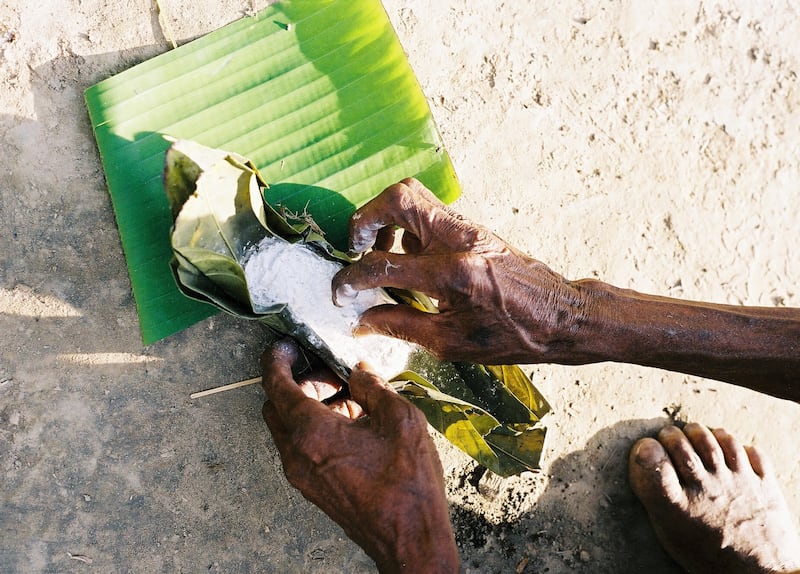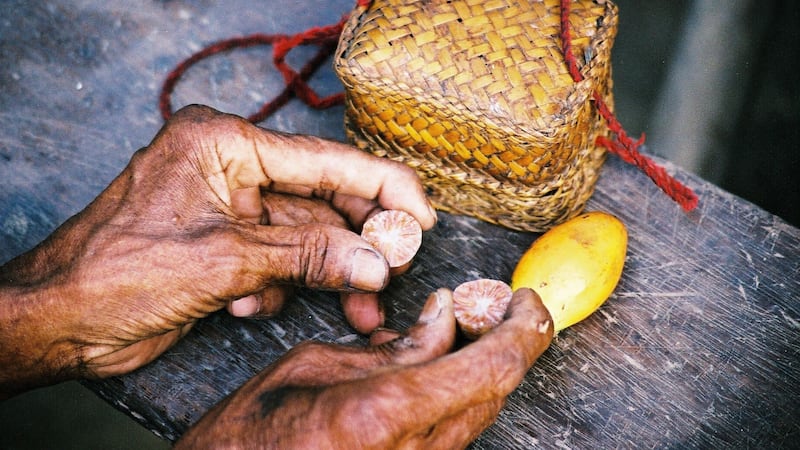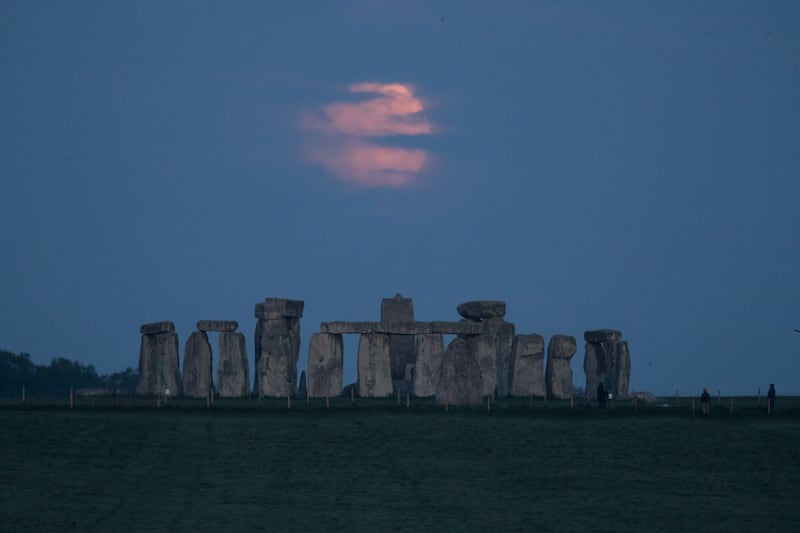Ancient hunter-gatherers helped accelerate cultural and technological revolutions more than 300,000 years ago by forming small social networks and exchanging ideas and knowledge, scientists have said.
Researchers in the UK and Switzerland studied social interactions between present-day Agta hunter-gatherers living in the scattered, isolated regions of the Philippines.
They found the social structure of the Agta people to be built around small family units linked by strong friendships across different groups.
According to the scientists, the findings suggest friendships between individuals and small communities was key to the development of new cultural and technological ideas that advanced human evolution.
Dr Mark Dyble, of University College London’s anthropology department and co-author of the paper, said: “Humans have a unique capacity to create and accumulate culture.
“From a simple pencil to the International Space Station, human culture is a product of multiple minds over many generations, and cannot be recreated from scratch by one single individual.
“This capacity for cumulative culture is central to humanity’s success, and evolved in our past hunter-gatherer ancestors.
“Our work shows that the kind of social organisation that is typical of contemporary hunter-gatherers serves to promote cultural evolution.
“If this kind of social structure was typical of hunter-gatherers in the past, it could go a long way to explaining why the human capacity for culture evolved.”
The researchers used radio sensor technology to record social interactions between the Agta people for a month.
They observed the visits and migrations between different communities and used this data to create a map of their social networks.

Using these networks, the researchers ran various computer simulations showing how individuals and communities would have shared scientific knowledge with each other – for example, the discovery of a drug involving several medicinal plants.
They found that loosely interconnected hunter-gatherer structures allowed for faster cultural evolution.
Dr Lucio Vinicius, of the University of Zurich’s department of anthropology and the last author on the paper, said these “fluid social structures” among hunter-gatherers dates back to at least 320,000 years ago.
He added: “However, the link we found between cultural evolution and the fluid sociality of hunter-gatherers indicates that, as hunter-gatherers expanded within and then out of Africa, this social structure of small and interconnected bands may have facilitated the sequence of cultural and technological revolutions that characterises our species.”
– The findings are published in the journal Science Advances.








